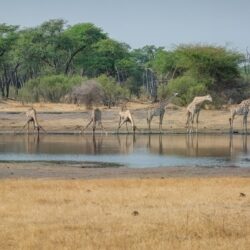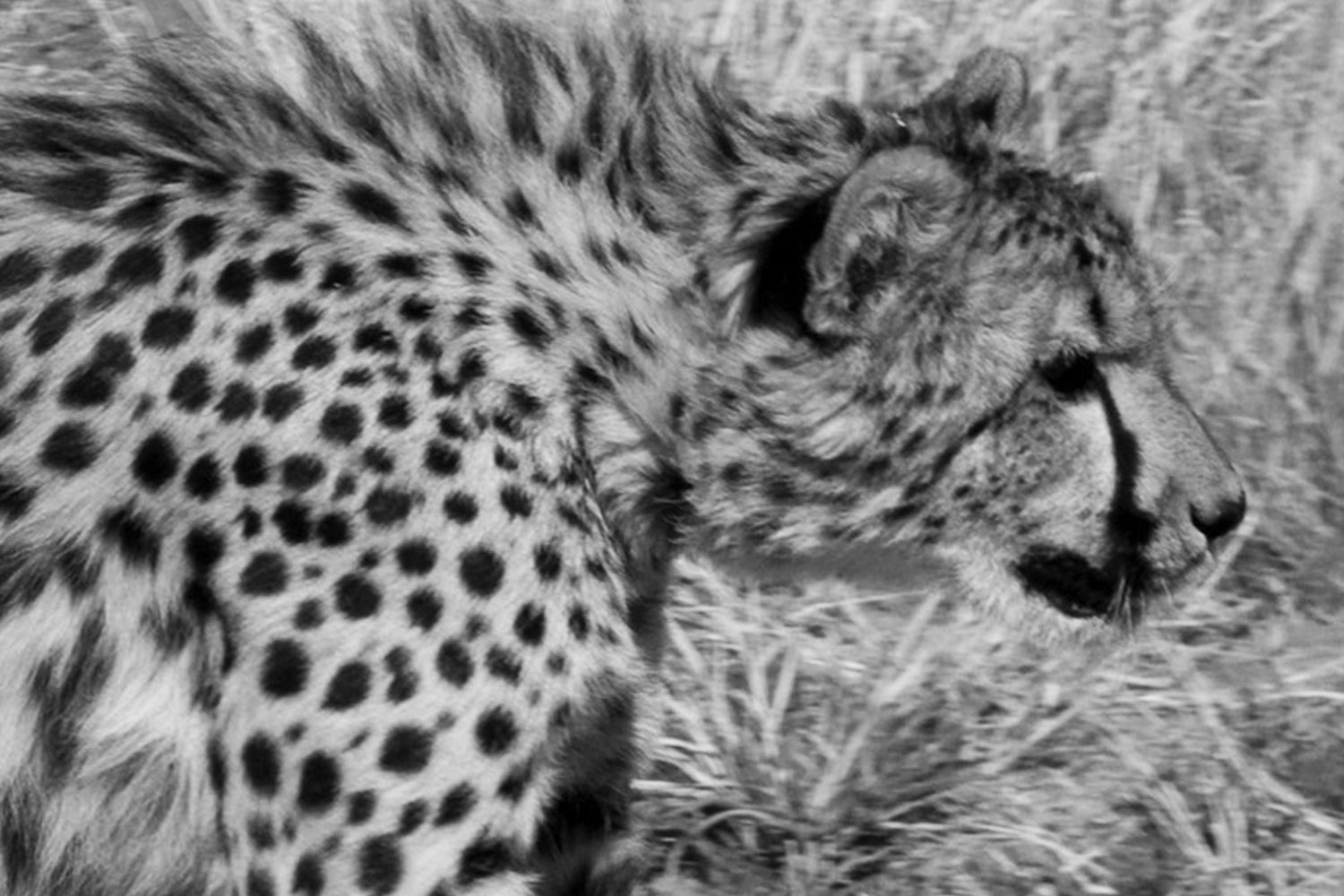Climate Change and Cheetahs
-

- by Cheetah Conservation Fund Canada November 6, 2021
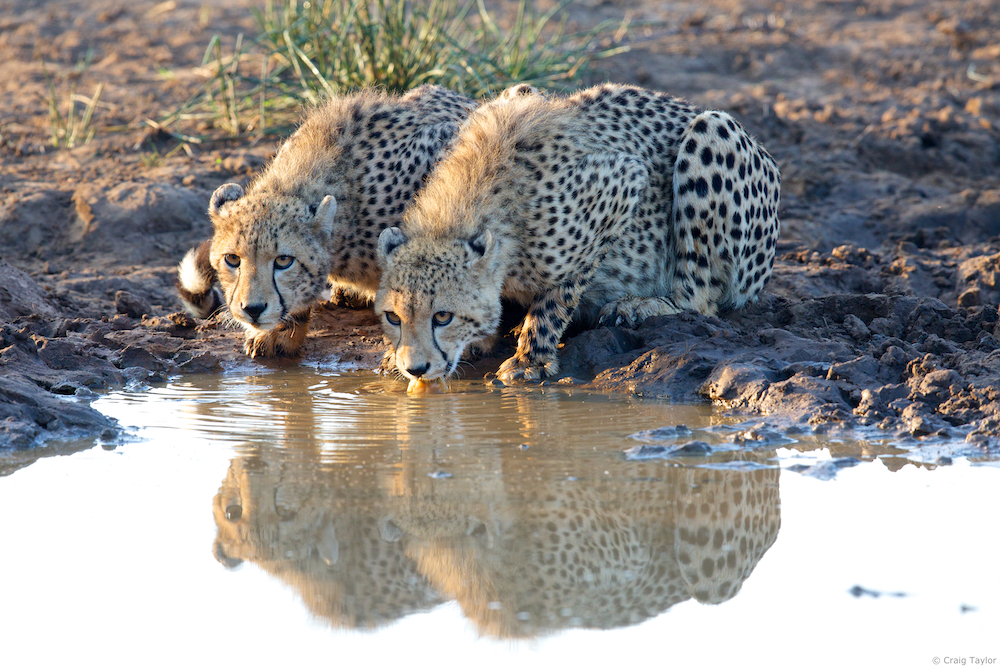
“Climate change is a global problem, and efforts to reverse it require support at the highest levels of government. We are depending on the participants of COP26 to stick to their commitments on behalf of their citizenry.” ~ Dr. Laurie Marker
Climate change poses a significant threat to all wildlife because it accelerates environmental change and puts increasing pressure on people and animals that rely on the land for a living.
Cheetahs are uniquely vulnerable, in part because they lack genetic diversity, and because they are specialized hunters that require large ranges and open landscapes to catch their prey.
Environmental Impacts
At CCF, one of the many things we study is the ecology of the arid landscape that the cheetah calls home. We have seen the increasingly large effects of poor land management and unsustainable farming practices on the savanna.
In Namibia, grasses are most frequently consumed by livestock and wild ungulates (hoofed mammals), but the bush is less frequently consumed due to the absence of rhinos and elephants that would have historically eaten it. As a result, the native thorn bush is flourishing and there is less available space for farmers to graze their livestock.

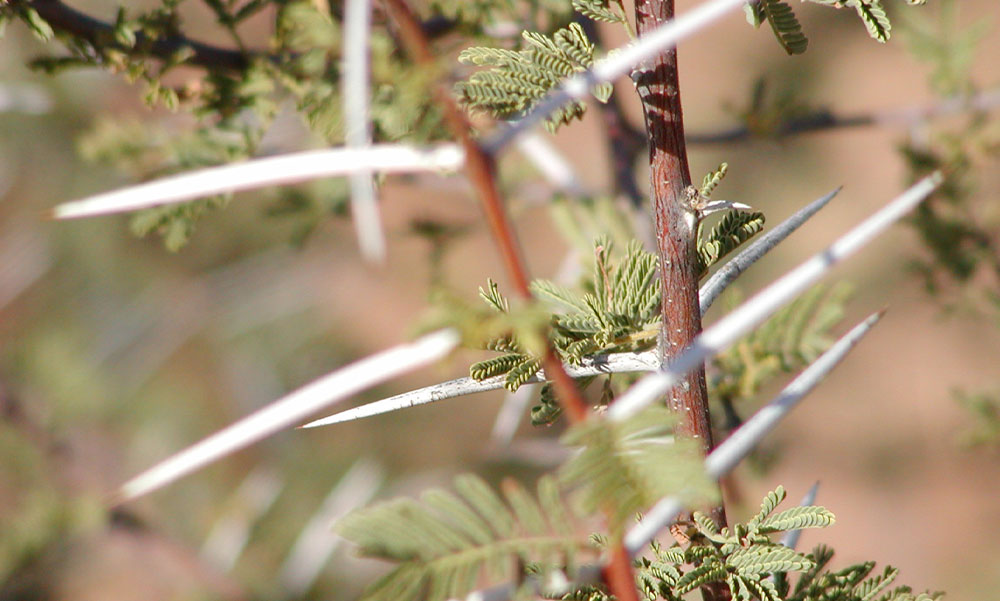
Bushblok® Fuel Logs
In order to mitigate habitat loss, CCF works to remove the thickened thorn bush. We found a way to use the woody waste material to create biomass fuel. Bushblok®* is an eco-friendly fuel log that is clean-burning and is a better alternative for heating and cooking than coal. Biomass energy production with green fuels like Bushblok® has the potential to power much of Namibia if scaled up.
Cleared habitat creates an opening for wildlife to reoccupy the land. As we reclaim land by debushing, CCF’s ecology team researches the effects on the redistribution of animals and plants and monitors chemical changes to the soil structure. The research that we conduct helps build a better understanding of which conservation actions are most effective in restoring the habitat.
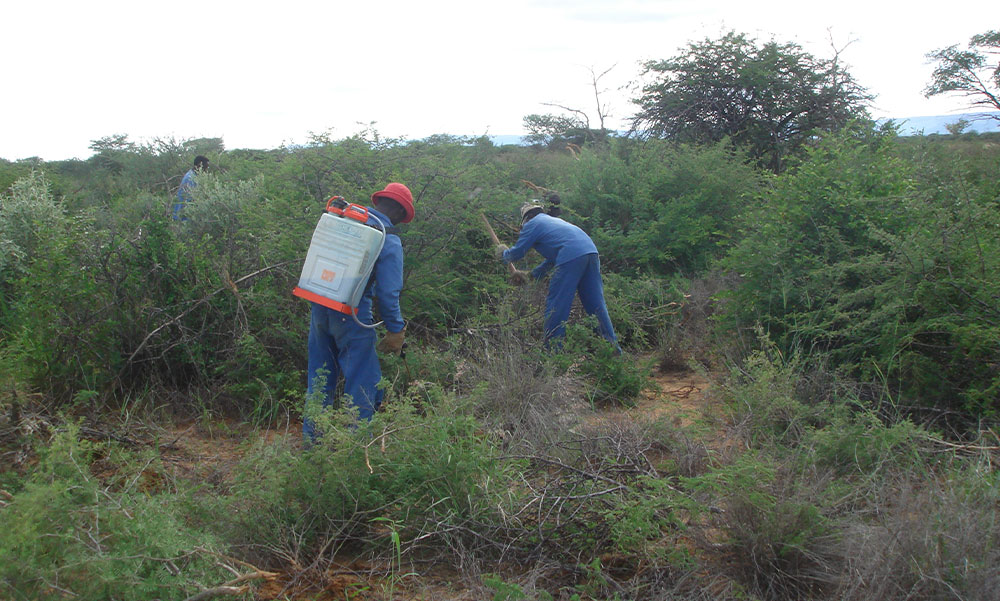

Human/Wildlife Conflicts
As the human population grows, people live in closer proximity to predator species resulting in human-wildlife conflict. In counter this, CCF developed a series of education programs (Future Farmers of Africa) that emphasize predator-friendly farming techniques, including the use of Livestock Guarding Dogs. Protecting farmers’ livestock from predation with an imposing presence and a very loud bark, the dogs help reduce livestock losses from 80 – 100%.
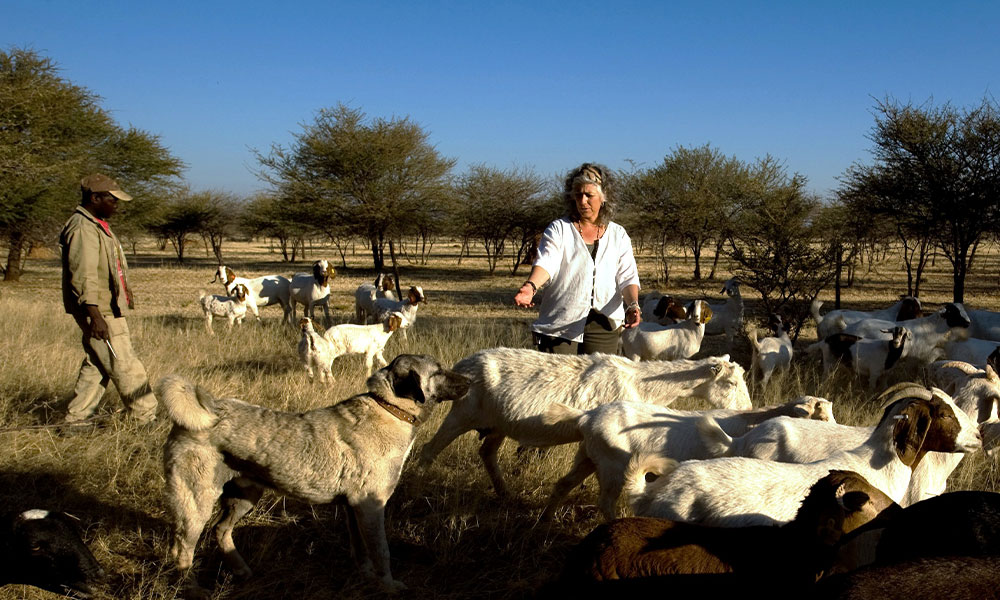
Time to Make a Difference
We still have time to make a difference toward stopping the progression of climate change. CCF’s supporters make the investment every day by funding our work across the cheetah’s range. Together we are reversing habitat loss, preventing further land degradation, bolstering livelihood development, and encouraging sustainable agriculture.
We still have time to save the cheetah. By doing so, we will benefit everything else that shares the cheetah’s habitat.
Climate change is a big problem, and we need the support of government and business leaders that can offer large-scale help. The young people of the world are depending on us. We need to work together and change the world to #SaveTheCheetah.
Related Reading
-
November 16, 2024
Cheetah Keepers – All About the Cheetahs! -
November 14, 2024
Let’s #SaveTheCheetah in the Wild Together! -
October 4, 2024
World Animal Day 2024


